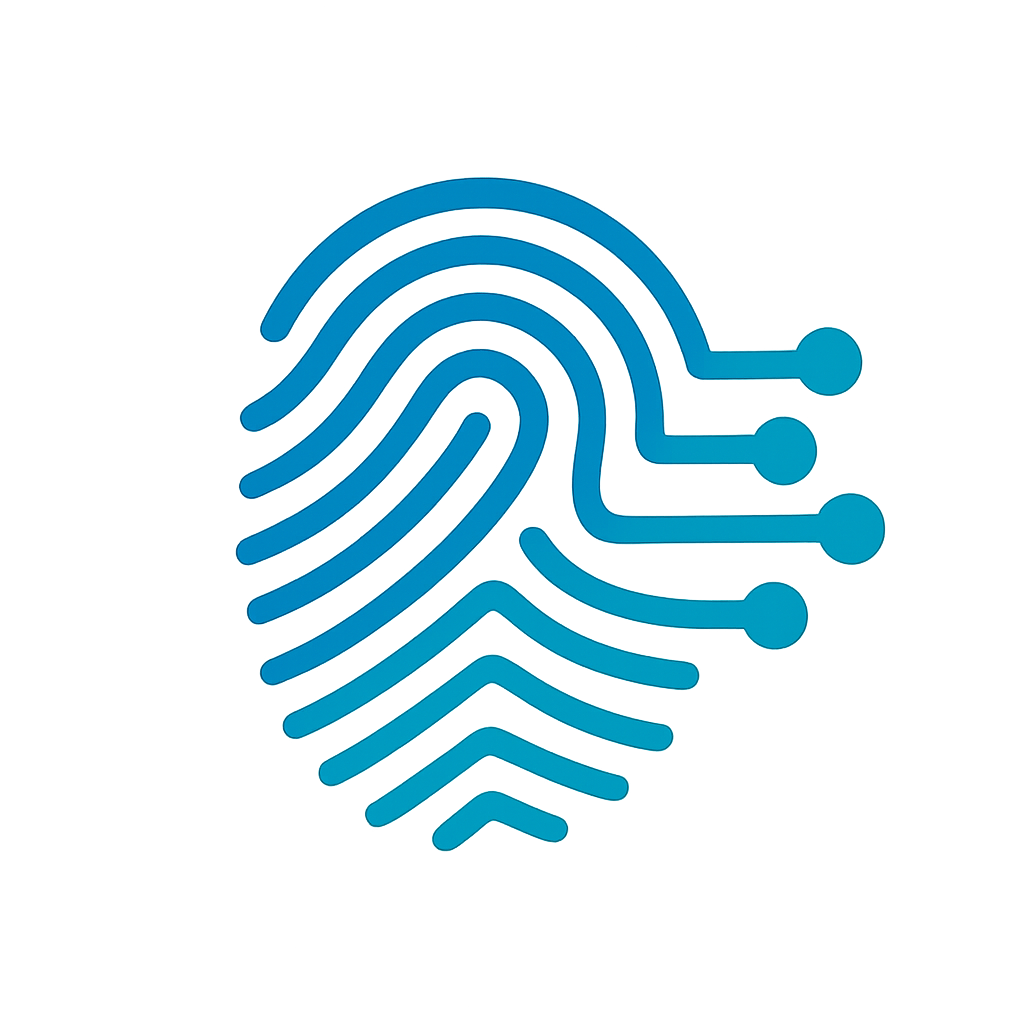Alright, let’s talk about that weird feeling.
You know, when you’re on your laptop and suddenly you wonder, “Wait… could someone actually be watching me right now?”
I’ve felt it too.
And to be honest, with the way things work online today—tracking cookies, shady apps, public Wi-Fi—it’s not a crazy thought. People’s data gets exposed all the time. Sometimes from hacking, sometimes just from plain old bad habits.
The good news?
There’s a lot you can do to protect yourself, even if you’re not “techy.” Here’s a simple, real-talk guide to help you figure out if something’s off—and how to lock things down.
Signs Someone Might Be Watching You (or Your Data)
1. Your device is acting like it has a mind of its own
Apps open randomly. Your brightness or volume changes. Maybe things look different from how you left them.
That’s your cue to pay attention.
2. Your battery or data is draining faster than usual
If your phone’s dying quicker or your data is spiking—even when you’re not using it much—something could be running in the background that shouldn’t be.
3. You’re seeing weird popups, extensions, or settings
Malicious browser extensions or “free” apps can secretly collect info or track what you do online.
4. Your friends say you messaged them—but you didn’t
If people are getting strange emails or DMs from your accounts, your credentials might’ve been snatched.
What You Can Do Right Now
Here’s what I recommend—based on stuff I’ve learned from my background in InfoSec (and also from helping family members clean up sketchy devices more times than I can count 😅):
🔍 1. Scan your device
Run a malware or antivirus scan—something legit like Malwarebytes, Bitdefender, or even Windows Defender (yes, it’s actually solid now).
🔑 2. Change your passwords
All of them. Especially if you’re reusing the same one (you’re not alone).
Use a password manager like Bitwarden or 1Password—they make life easier and safer.
📲 3. Turn on two-factor authentication
It’s that extra code you get when logging in. Super annoying? Sometimes.
Worth it? 100%.
🌐 4. Start using a VPN
Especially on public Wi-Fi. Think of it like a tunnel that hides your browsing from prying eyes.
(I use [insert VPN you recommend or use]—I’ll drop a guide on how to set it up soon.)
🔁 5. Keep your stuff updated
Security updates exist for a reason. Update your OS, browser, and apps regularly.
📋 6. Check who’s logged into your accounts
Google, Facebook, even Netflix let you see where you’re logged in. Boot anything that looks unfamiliar.
Real Talk
Most people don’t realize how open they leave their digital lives. I’m not trying to scare anyone—but I do want you to know you’ve got more control than you think.
You don’t have to be a hacker or an IT expert to stay safe.
You just need to stay aware—and take simple steps like these. That’s what I’ll be covering here on Secinyo: real-world security for regular people.
